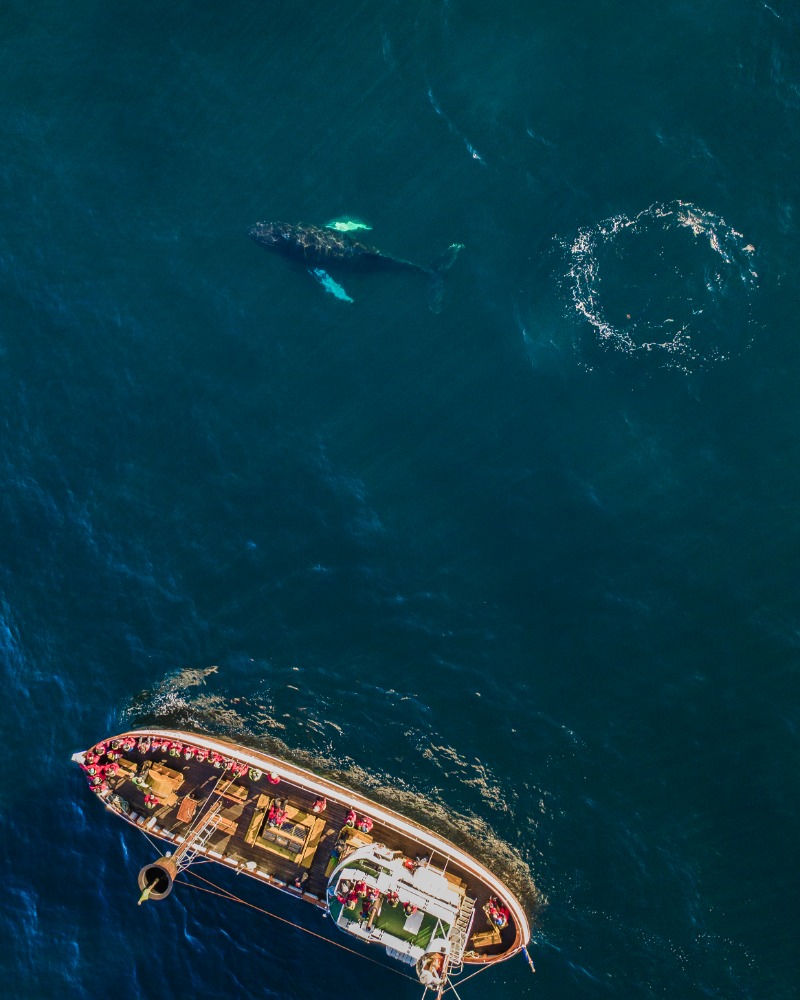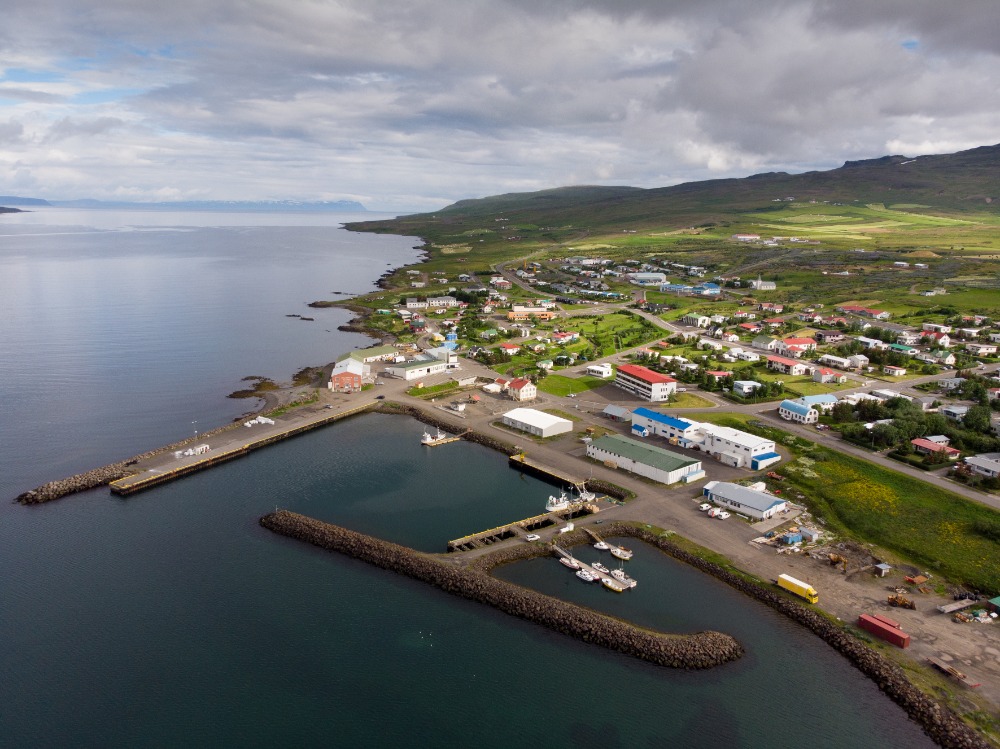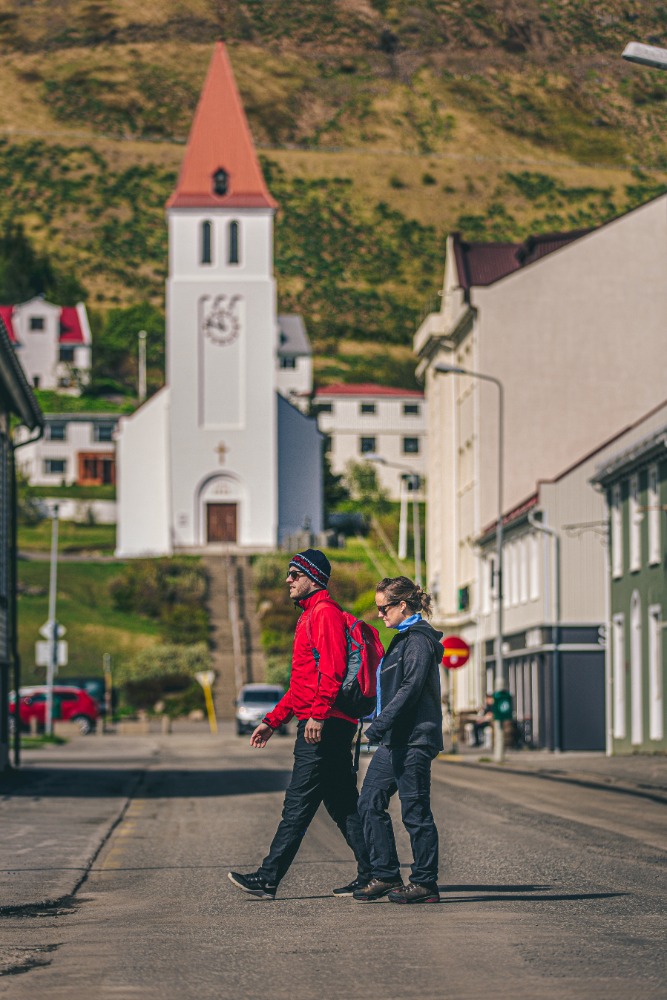Sustainable Travelling
Tourism in Northern Iceland has been working towards becoming more sustainable for years now, although up until recently without a clear and concise plan or labelling it sustainable tourism, as such. To begin with, North Iceland has an advantage on many destinations as we have access to plenty of renewable energy and many companies have utilised this to run more sustainable operations, with electric cars becoming a popular way to get around and electric boats replacing fossil powered ones for ocean based activities, such as whale watching.



